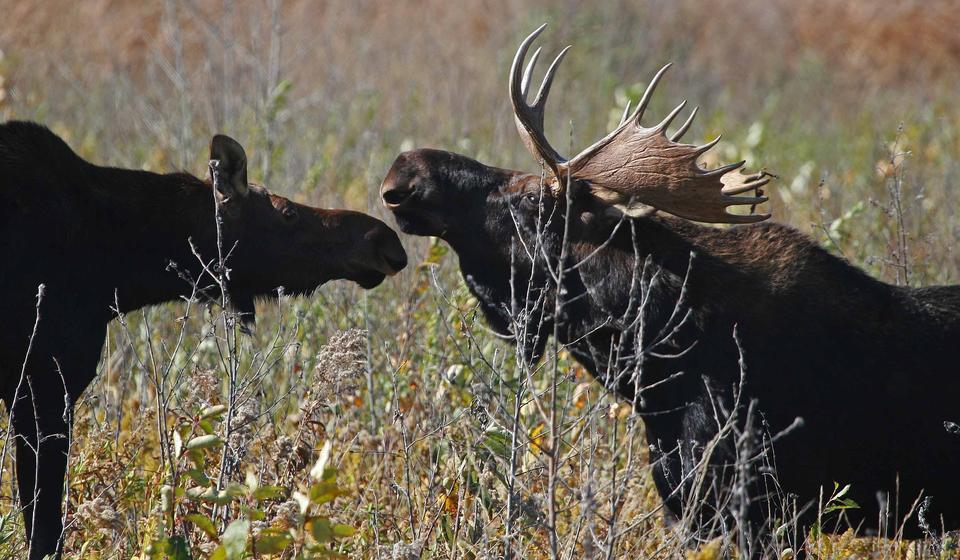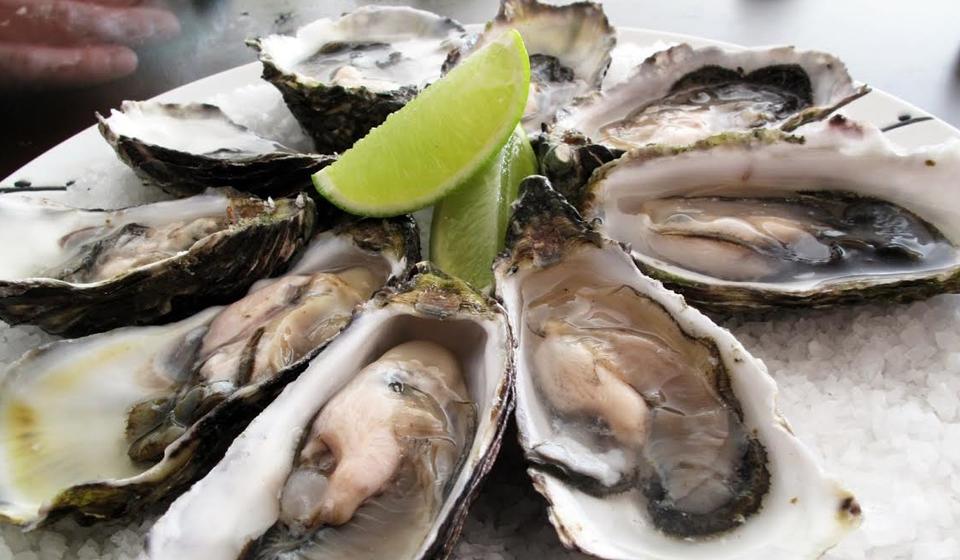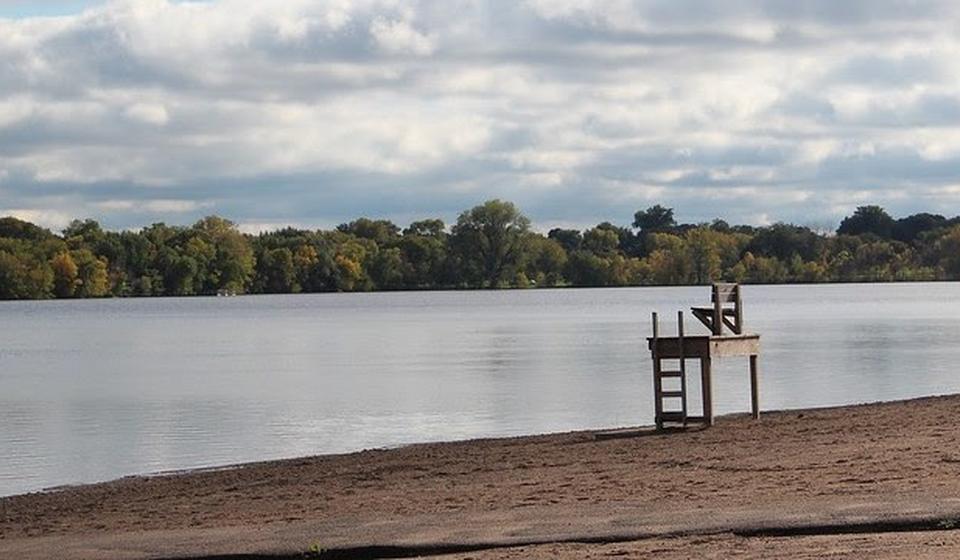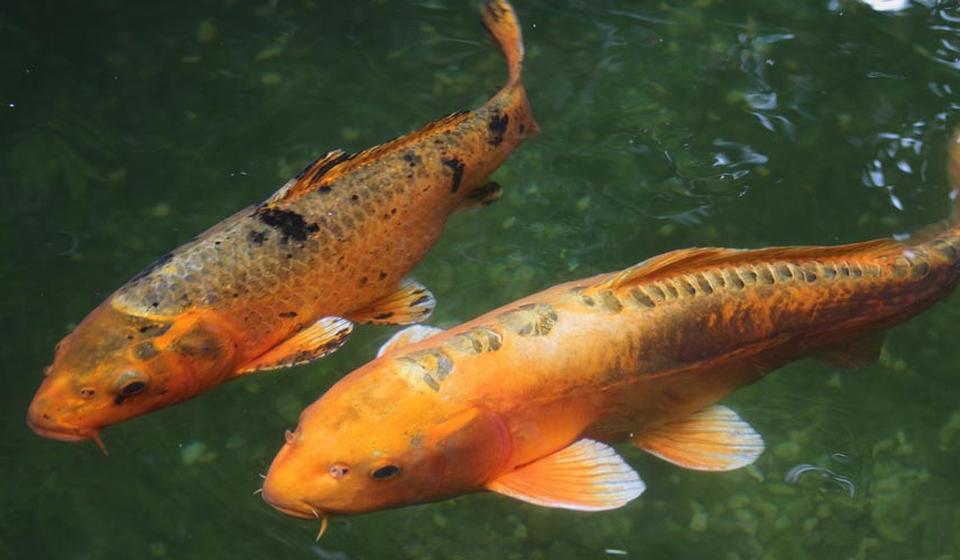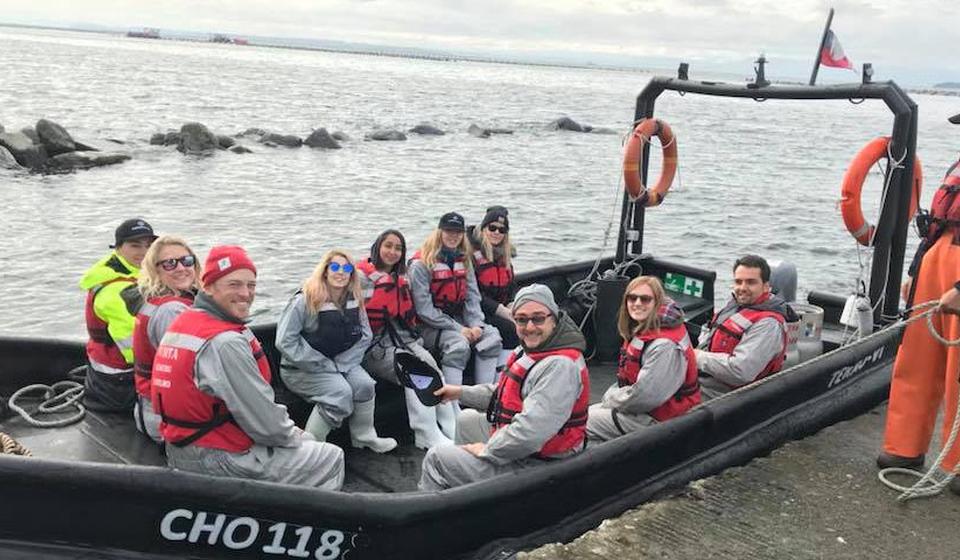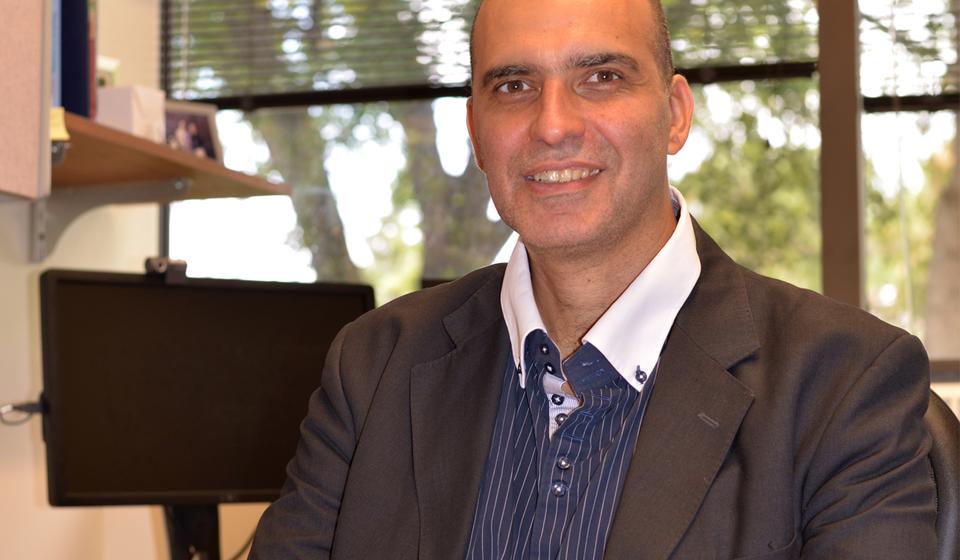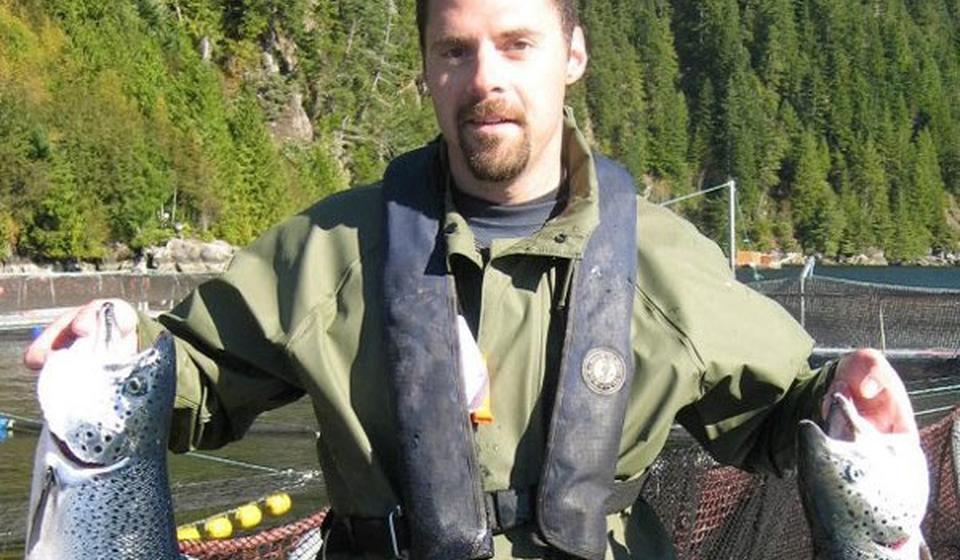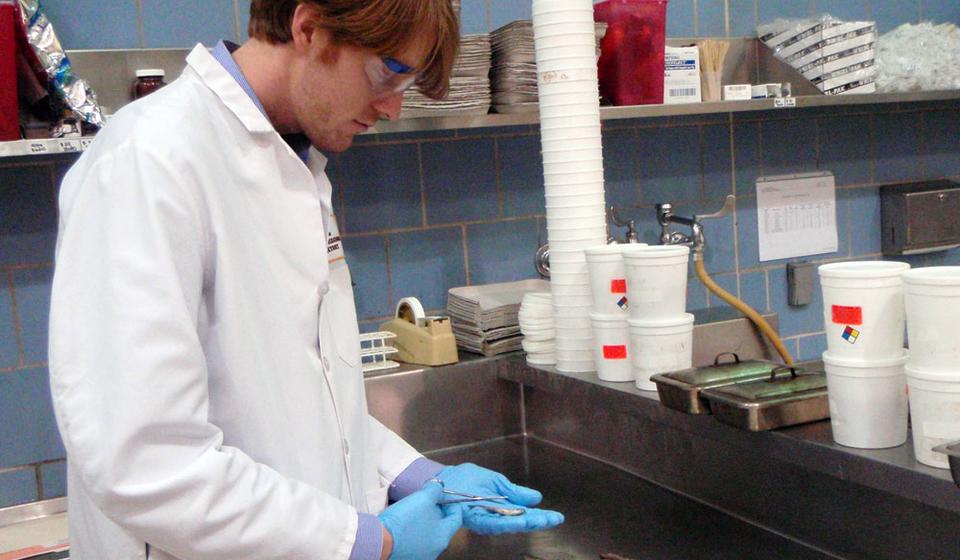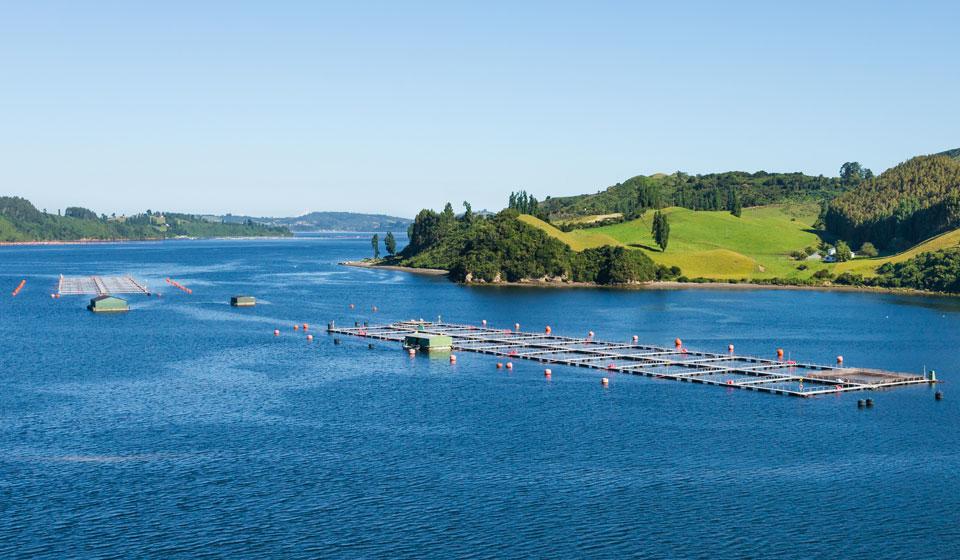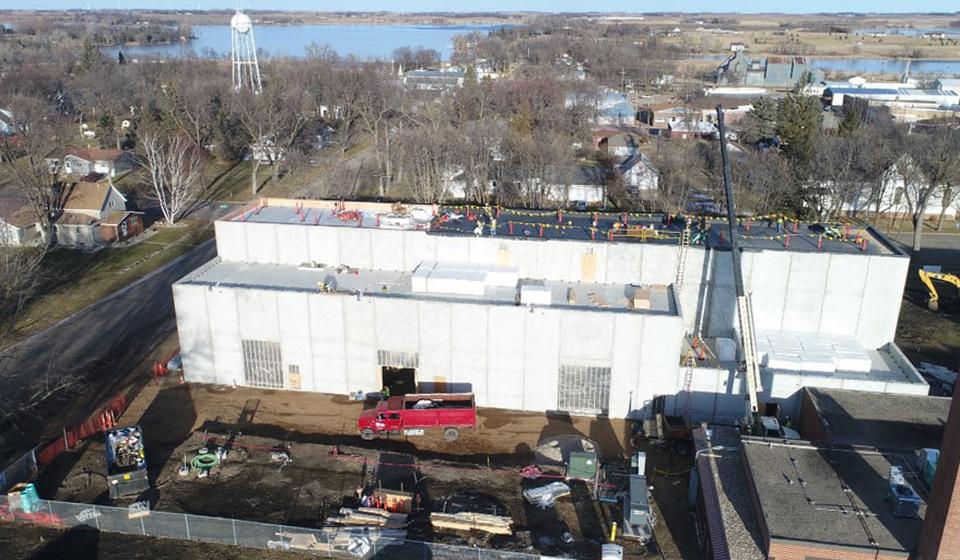Tag:
Aquaculture
The U.S. Fish and Wildlife Service (FWS) denied the listing of the Northwestern moose (Alces alces andersoni) as a federally protected species under the Endangered Species Act.
How do Minnesota oysters sound? Well, new research led by the Duluth-based Minnesota Sea Grant is studying whether sustainable aquaculture is feasible in the Great Lakes region. The team aim to answer the questions, “Can we do aquaculture well? Should we do it at all? And if yes to those two questions, how do we do it right?” said spokesperson Marie Thoms.
Did you know that releasing non native animals to the wild could cause massive animal die offs? According to the Minnesota Department of Natural Resources, this is exactly what happened at Lake Byllesby this summer.
Last week Farm to Table was held in southern Chile. The program gave participants exposure to leading exporting animal food production systems, and site visits focused on international trade standards and emerging issues in food safety related to the Chilean salmon and cattle industry.
One of the most important challenges humankind faces today is the expected increase in population size, with projections—supported by the United Nations—that the world population will reach the 9 billion mark by the year 2050. Population growth will consequently lead to an unprecedented increase in food demand. Although all food animal industries will continue to work to prepare and adapt to satisfy that demand, consensus is that aquaculture will play a significant role in the future of food security.
Raising fish for food perfectly illustrates the One Health concept the College of Veterinary Medicine has promoted for many years to describe the interdependence of animal, human and environmental health, says Alex Primus, assistant professor in the Department of Veterinary Population Medicine. “Fish is a very heathy source of protein and when farmed responsibly can be produced in a very environmentally sustainable manner."
CAHFS, the Minnesota Aquatic Invasive Species Research Center, and the Minnesota Department of Natural Resources form an informal partnership to work with private aquaculture producers to tackle concerns about water quality, fish diseases and genetics, and invasive species. By working together, the partners can more effectively confront complex policy and regulatory issues than if they were working alone.
U of M researchers have met with partners in Chile to examine fishing industry practices that could help the country prepare for future food demand.
In the southwest corner of Minnesota, perched on the edge of the Great Plains and a long way from native shrimp habitat, Trū Shrimp has begun its operations.
